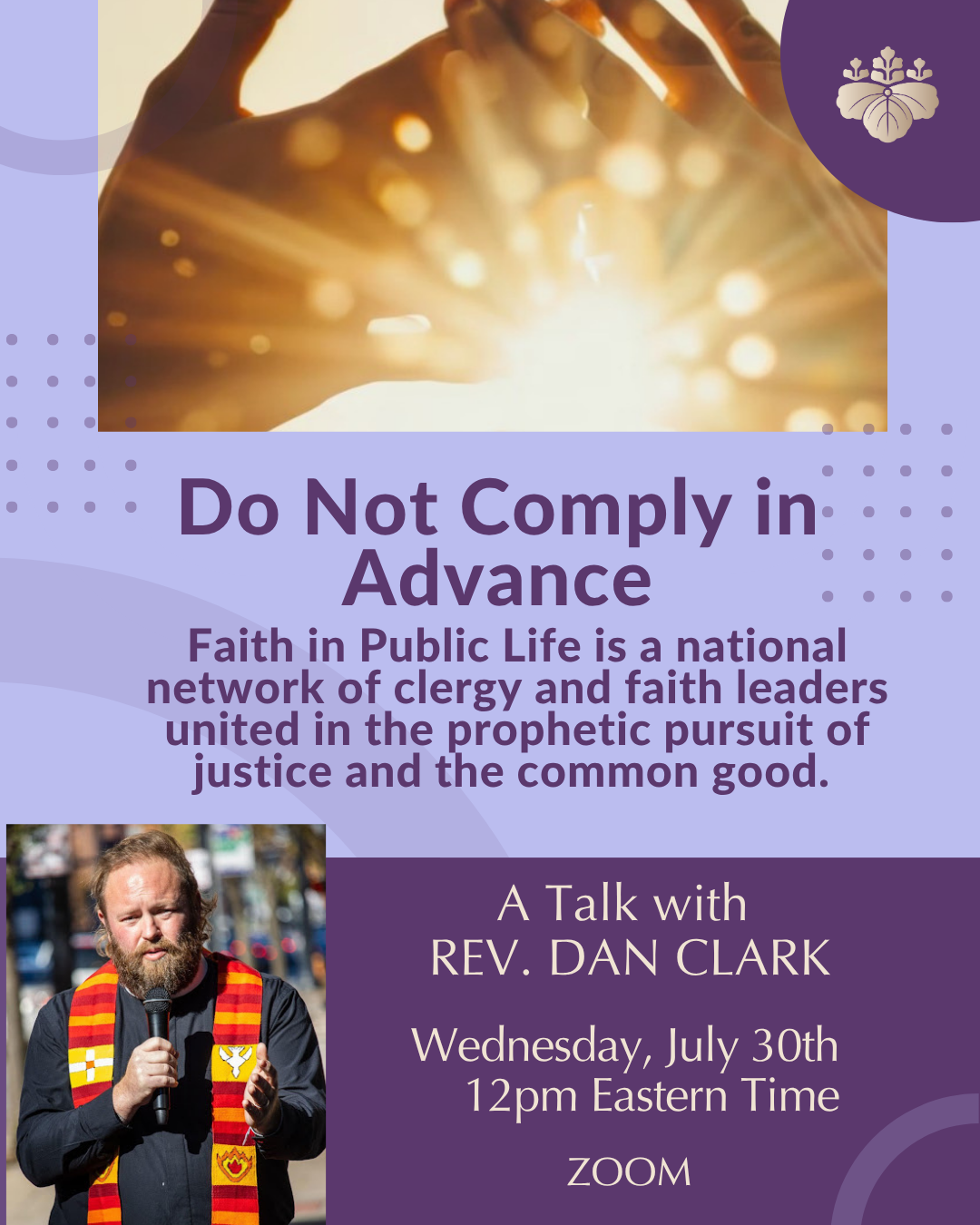Early this September (2017), members of Zen Peacemakers will be holding a street retreat in Helsinki, Finland. This retreat will be led by Roshi Frank de Waele of Belgium and coordinated by Mikko Ijäs of Finland. Below, read a letter from Mikko Ijäs on the upcoming retreat, surveying the historical context of the streets on which the retreat will take place, including a recent civil war. For more information, visit the facebook event page or contact Mikko Ijäs at mikkoijas@me.com.
HELSINKI, FINLAND. We are currently busy putting the finishing touches on our first Street Retreat here in Helsinki. We have been able to connect all kinds of people and organizations with this project and I am very happy how all of this is slowly unfolding.
The streets and the city are key aspects of the retreat. Especially when we are not exactly homeless, we’re just one with the city, depending on its resources. The history of the city is highly important. There’s a lot of monuments, statues, buildings and many marks of war and violence. All of this is bound to affect us. The local participants will feel these aspects differently, as they are often familiar with the stories behind their surroundings. But the foreign participants will often see it all for the first time.
History is extremely important. We have to be extremely aware of our history since we carry all kinds of traces of trauma within us. Acknowledging this historical trauma will help us to live with it, and help us to face the problems of those around us too.
I’ve been doing research on the 1918 Civil War of Finland lately and as it turns out, it appears to be one of the most complex sores in our history. Finnish political prisoners (tens of thousands of them) were sent to camps for executions and isolation between 1918 and 1939. The camps and the methods they used were as brutal as in Germany during World War II. I recently found out that my maternal great grandfather was in one of these camps. He probably escaped and fled to the US and returned a few years later, I don’t yet know the exact details. One percent of the Finnish population was wiped out during the fights, executions, and in camps in 1918.
The war left 14,000 children orphaned- their stories are unbearable. They were often sold as slaves and rarely lived very long because of their maltreatment. There have been no real studies done on the fate of these “red orphans” of Finalnd apart from some regional studies. I was privileged to participate a two-day seminar this week to listen to the latest findings of the historians studying these events.
Helsinki was one site of Civil War battles in 1918. A prison camp was just outside the city, on an island used as a military base. The bridge known as “Pitkäsilta” (Long Bridge″) connects the districts of central Helsinki with the working class neighborhoods. Eventually it became the site of an awful battle:
In 1917 Helsinki was afflicted by mass strikes, layoffs, soaring prices, and hunger, partly caused by the Russian revolution. A workers’ rebellion sprang up in response. The rebellion escalated into a full-scale Civil War when the Finnish government ordered 14,000 German soldiers to wipe out the rebellion. The German soldiers used Red prisoners as human shields when they were moving through the streets of Helsinki. This happened especially on Pitkäsilta, and the bridge still has bullet holes all over it.
Civil War will probably be one of the themes of our retreat. Other themes will probably include asking for help, receiving kindness, and making offerings. Without practicing these, there is no hope to remedy the increasing inequality in our country.
We just had a very sad incident in Turku last weekend. A Moroccan refugee who was waiting for his deportation stabbed several people with a knife, resulting in the deaths of two young ladies. The whole country is in shock and the fascist groups have already had open rallies on the streets of Helsinki, demanding mass deportations.
If we cannot ask for offerings, how can we expect people or our government to help us when we desperately need help to survive? Many people already signed up for our retreat, but informed me that they are not able to ask for donations. It was just unbearable for them. We had some discussions about the whole thing, but they decided not to join. The ones who have signed up have generally been amazed by the ease of begging.
We have 17 people signed up and so far it seems that they’re all coming. Nine from Finland and eight from abroad, including Holland, Belgium, Germany and Ireland. I am really looking forward to this.
Mikko Ijäs, PhD is a Finnish media artist and an Associate researcher at the department of Human Evolutionary Biology of Harvard University. Mikko’s doctoral dissertation “Fragments of the Hunt” dealt with the birth of art among the early hunter-gatherer societies. He has also produced a documentary film together with his wife Maija Ijäs on the same subject. (Photo by Mikko Ijäs, in Helsinki)




